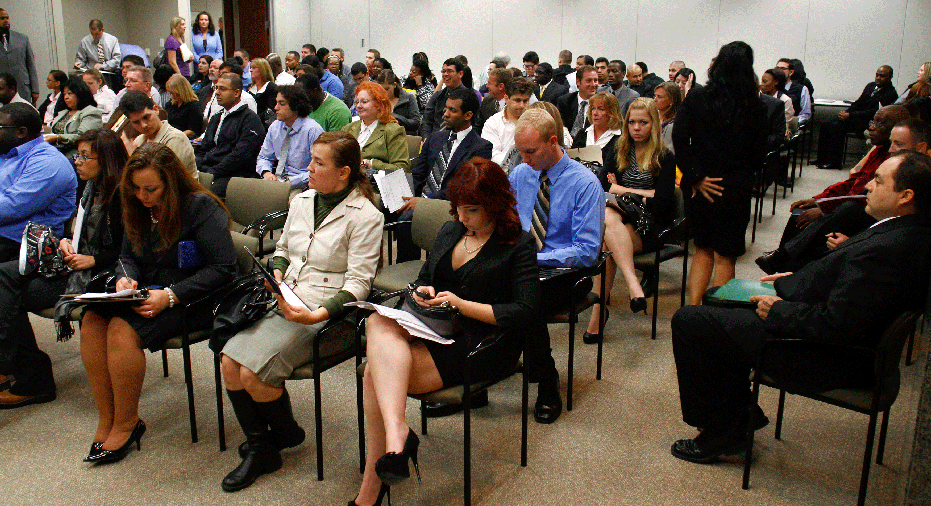Job Search Expenses: What Can be Deducted

A client recently came to my office for help with an audit of his 2010 income tax return. “They’re disallowing all of my job search expenses. And I swear, I only took those trips to find work. Okay, there might have been a little bit of personal time, you know, vacation, mixed in, but it was mostly to find a job.”
Here’s his story: He retired many years ago but his pension shriveled when the economy tanked and his wife who had been working full time was forced to cut back due to health issues. To help make ends meet, he had to rejoin the workforce. His job hunt cost about $4,000, and he deducted it on his tax return on Schedule A Itemized Deductions as a miscellaneous deduction.
Everything looked in order. The primary purpose of the trips was to get a job, and he had receipts to prove the deductions. He also had all the miscellaneous paperwork to substantiate his purpose – resume, business cards and correspondence to and from prospective employers. My client was not able to get a new job; employers told him he was too old. But according to the rules, job-search expenses are deductible even if employment is never achieved. So what is my client getting audited?
The bad news is that one of the rules to qualify for the deduction is that, according to the IRS, “there cannot be a substantial break between the ending of your last job and your looking for a new one.”
This is just one of three basic rules:
- You can’t deduct expenses for a job search if you are looking for a job in a new occupation. So if you were a shoe salesman and you just finished your nursing degree and are now applying for nursing positions, you’re on your own with covering expenses.
- You cannot deduct expenses for a job search if you are looking for a job for the very first time.
- There cannot be a substantial break between the ending of your last job and your search for a new one.
Let’s say you are looking for work and you actually qualify to deduct the expenses, here is what you may deduct:
- Employment and outplacement agency fees. If you get the job and an employer reimburses you for the fees, you must declare that amount as income
- Resume preparation expenses including postage and overnight mail charges
- Fees you pay each year to keep a license active
- Travel and transportation expenses – keep a mileage log. Note that travel expenses include any laundry or dry cleaning bills racked up while you’re on the road
- Meals and lodging while away from home. Keep your receipts or use the per diem cited on the IRS website for the cities you visit
- Education expenses to improve or maintain skills in your present occupation
These are the basic categories of expense but the list in not all-inclusive. The IRS allows any expense that is considered “ordinary and necessary,” as well as legal. In other words, bribing a person to hire you is considered an illegal activity, and the deduction will not be allowed.
Bonnie Lee is an Enrolled Agent admitted to practice and representing taxpayers in all fifty states at all levels within the Internal Revenue Service. She is the owner of Taxpertise in Sonoma, CA and the author of Entrepreneur Press book, “Taxpertise, The Complete Book of Dirty Little Secrets and Hidden Deductions for Small Business that the IRS Doesn't Want You to Know.” Follow Bonnie Lee on Twitter at BLTaxpertise and at Facebook.



















